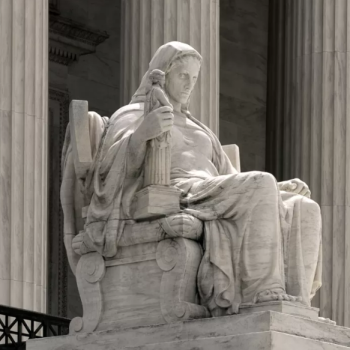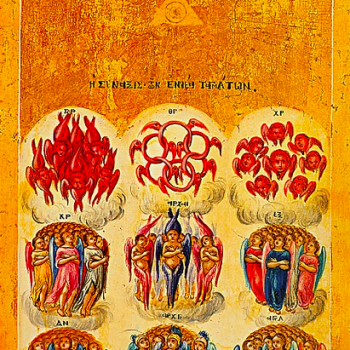This notion of agency works beautifully to bring to analytical light the experience of Mormon women, who, after all, tend to work relationally, cooperatively, and constructively within the Church. But it also raises the question: if "agency" is construed so broadly—to describe, for instance, the experience of women who are plainly marginalized and constrained—does it actually perform any intellectual work, or have we diluted it beyond all efficacy? If every woman and man exercises micro-agency simply by virtue of being human, what extra critical lens does the notion of agency bring to the inquiry? Wouldn't we be better off with a more focused and therefore more meaningful theoretical framework?
A second possibility is to drastically pare down the robust agency that Claudia Bushman espouses. Though my heart thrills when I hear her say it, it is plain to me that we cannot and do not "choose the alternatives" from which we construct our lives. Our ability to imagine possible life paths from which to choose is entirely constrained by the worldviews that inform our minds—indeed, the worldviews that endow us with a "mind" in the first place. We do not make these ideologies; they make us. Nevertheless, we have some degree of freedom to negotiate within the frameworks we inherit. We can sometimes choose between alternatives, even if we do not choose the alternatives themselves. This is a defensible notion of agency, I think. The problem is that it doesn't make for very interesting history.
A final possibility with which I'll conclude was suggested in Quincy Newell's fine presentation on Jane Manning James, the African-American Latter-day-Saint whose experience with the early Saints defies contemporary interpretation. Newell asked us to consider the ways in which Jane James was "multiply marginalized" as a Mormon, a woman, and an African-American, and asked how these marginalized subject positions may have subtracted from her agency. But what if multiple marginalization, rather than subtracting from agency, instead constitutes agency? If agency is the condition that results in individual humans taking different paths, we might look for its source in the unique constellation of identities and ideologies that forms each of us. These identities need not be marginalized identities, either: I am no less subject to a notion of "whiteness" than an African-American is subject to "blackness," nor my husband to "masculinity" than I to "femininity." I am female, Mormon, educated, white, married with children, and a hundred other descriptors: each of these subjectivities makes its mark on my mind, and the unique combination of those ideological signatures leads me to certain views, choices, and behaviors—that is, to something resembling agency. That may just have to be close enough for now.





